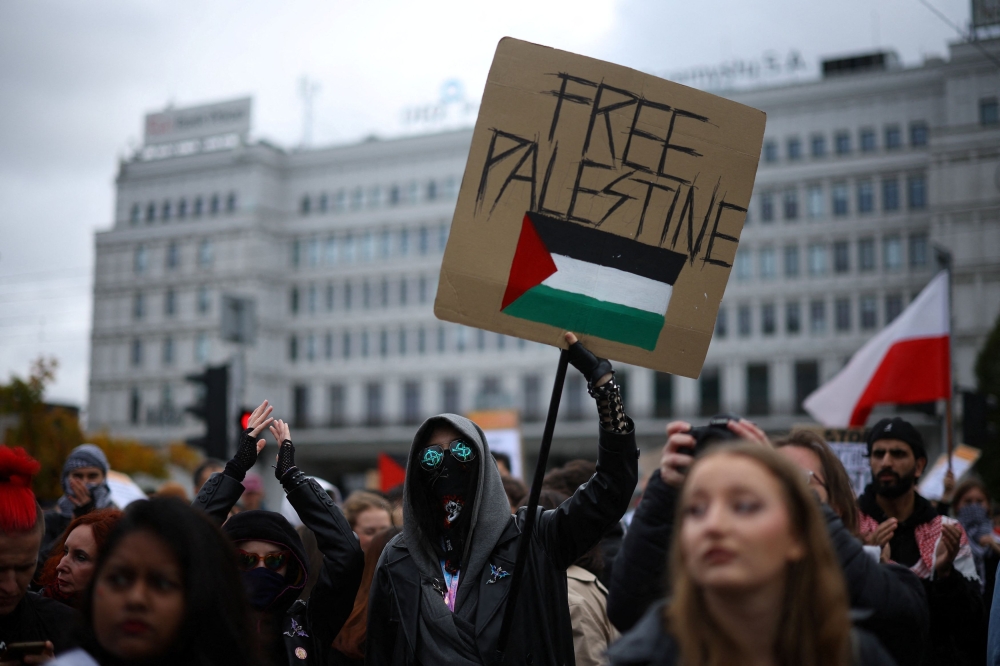A major legal battle has erupted in France as the Ligue des droits de l’Homme (LDH) — a leading human rights group — has filed a formal complaint against Airbnb and Booking.com, accusing the travel giants of promoting “occupation tourism” through their listings in Israeli settlements across Palestinian territories.
Filed in Paris, the case argues that these global platforms are complicit in “the aggravated concealment of war crimes,” claiming that by showcasing and facilitating accommodation in these disputed regions, they are indirectly supporting the expansion of Israeli settlements — a move deemed illegal under international law.
“These multinational companies, by offering their services, enable and facilitate — both directly and indirectly — the creation and growth of Israeli settlements,” said LDH lawyer Patrick Baudouin, emphasizing the ethical and legal implications of such listings.
The West Bank, occupied by Israel since 1967, is home to over 500,000 Israeli settlers, excluding East Jerusalem, while around three million Palestinians continue to live in the same territory under complex and tense circumstances.
According to the LDH, the ongoing listing of accommodations in these settlements — often without clear geographical transparency — contributes to what they call “the colonization and destruction of the Palestinian population.”
Airbnb has been criticized for not clarifying that certain properties are situated within Palestinian territories, merely naming settlements without geographical context. Booking.com, meanwhile, acknowledges the properties’ presence in Israeli settlements, sometimes marking them as located “in Palestine.”
The UN has consistently condemned the occupation and recently identified 158 companies from 11 countries — including Airbnb and Booking.com — as being connected to economic activities within the settlements. In June, UN Special Rapporteur Francesca Albanese also criticized travel platforms that promote tourism “legitimizing annexation.”
While Airbnb and Booking.com have yet to respond to these renewed accusations, their past attempts to distance themselves from controversy have faltered. Airbnb had previously removed West Bank listings in 2018 but reinstated them in 2019 following legal challenges in Israel and the U.S., pledging instead to donate profits from such listings to humanitarian causes.
The issue is now reigniting global debate — not just about tourism ethics, but also about corporate responsibility in conflict zones. As the world becomes increasingly connected, questions arise: How much responsibility do multinational companies bear when profit meets politics?
When business intersects with human rights, neutrality becomes a choice — and silence, a statement.




